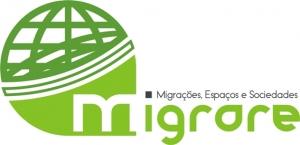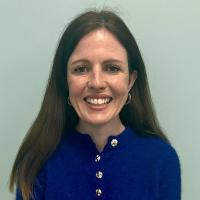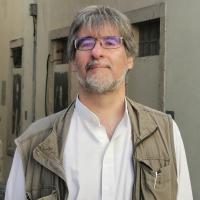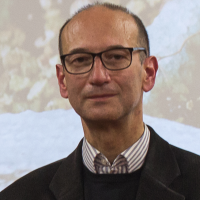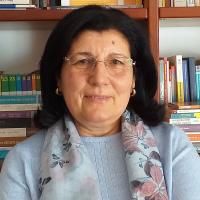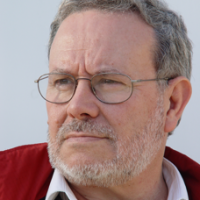MIGRARE
Migrations, Spaces and Societies
The research group MIGRARE – Migrations, Spaces and Societies is one of the research groups within the Centre for Geographical Studies, an organic unit of the Institute of Geography and Spatial Planning at the University of Lisbon. The establishment of MIGRARE, led by Professor Maria Lucinda Fonseca, formalises a group that has been developing projects, organising meetings, courses, and other research-action activities in the field of migrations, governance, and urban social transformations in Europe, with a special emphasis on the Portuguese case since 1998.
The main objective of the MIGRARE research programme is to produce theory and applied research in the field of migrations and their effects on demographic and socio-spatial transformation processes, at different geographical scales, contributing to the design and development of an analytical framework to support decision-making aimed at creating socially sustainable environments.
The theoretical production and empirical research to be developed privilege an interdisciplinary and comparative analysis perspective (between countries, regions, cities, and immigrant groups), aiming at the development of interculturality, planning for diversity, new forms of governance that contribute to the socio-territorial inclusion of migrants, as well as framing migration policies in a co-development strategy for regions of origin and destination of migrants.
In this context, the research lines being developed are as follows:
- Immigration and urban transformation in migrant destination metropolises (spatial, demographic, economic, social, and cultural).
- Comparative analysis and monitoring of national and municipal policies and initiatives in the field of migrations, diversity, and integration, namely in the housing domain and socio-ethnic segregation of residential areas, transformation and appropriation of public space, education and health of immigrants and their descendants, and the promotion of cultural heritage.
- Socio-spatial mobility processes: comparative analysis of various immigrant groups and religious minorities; intra-group disparities associated with different types of factors (gender, life cycle stage, education, urban/non-urban origin).
- Immigration, interethnic relations, and diversity management.
- International migrations, mobility regimes, and labour market organisation.
- Migrations, mobilities, and local development in territories of origin and destination of migrants.
- Immigration, emigration, return, and demographic dynamics in Europe, particularly in rural regions and those at risk of depopulation.
- Diasporas and Transnational Communities.
- Lifestyle migration to urban and rural areas.
- Inclusion of migrants and vulnerable groups in the green transition.
- Representations of migratory experiences and visual production.
Researchers from the MIGRARE group have extensive experience participating in national and international research projects and collaborating with other European, Brazilian, and North American research centres, particularly within the framework of the International Metropolis project and the IMISCOE - International Migration, Integration and Social Cohesion in Europe excellence network. They also actively collaborate in postgraduate teaching and thesis supervision, both at the doctoral and master's levels, on a wide range of topics, annually welcoming Portuguese and international candidates analysing the relationship between migrations and geography.


